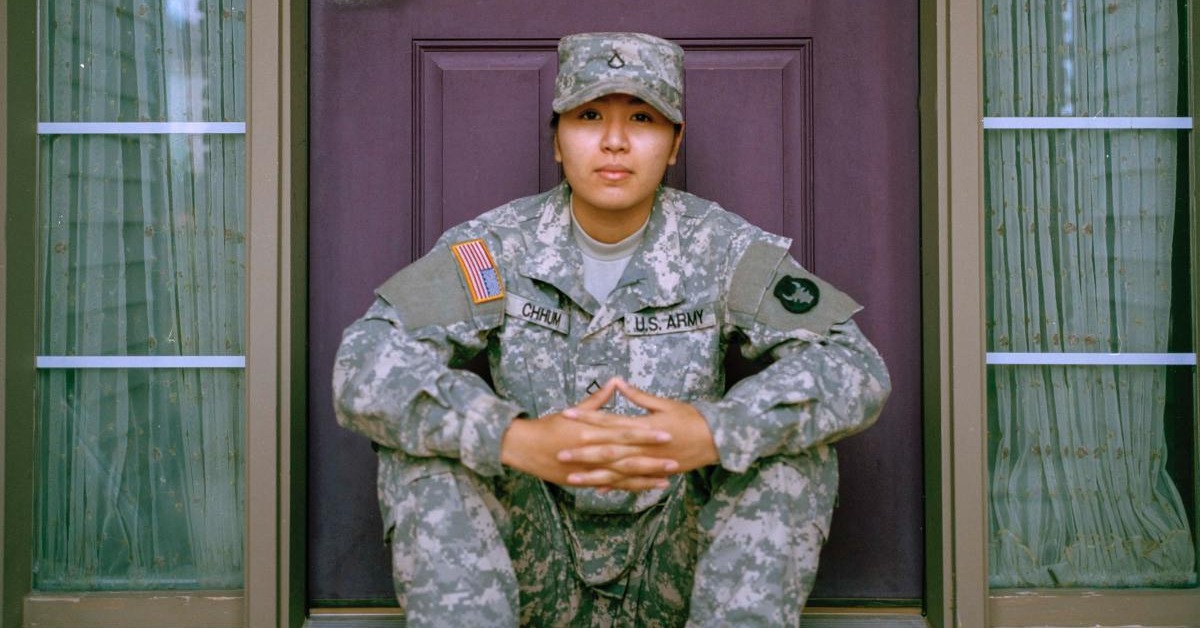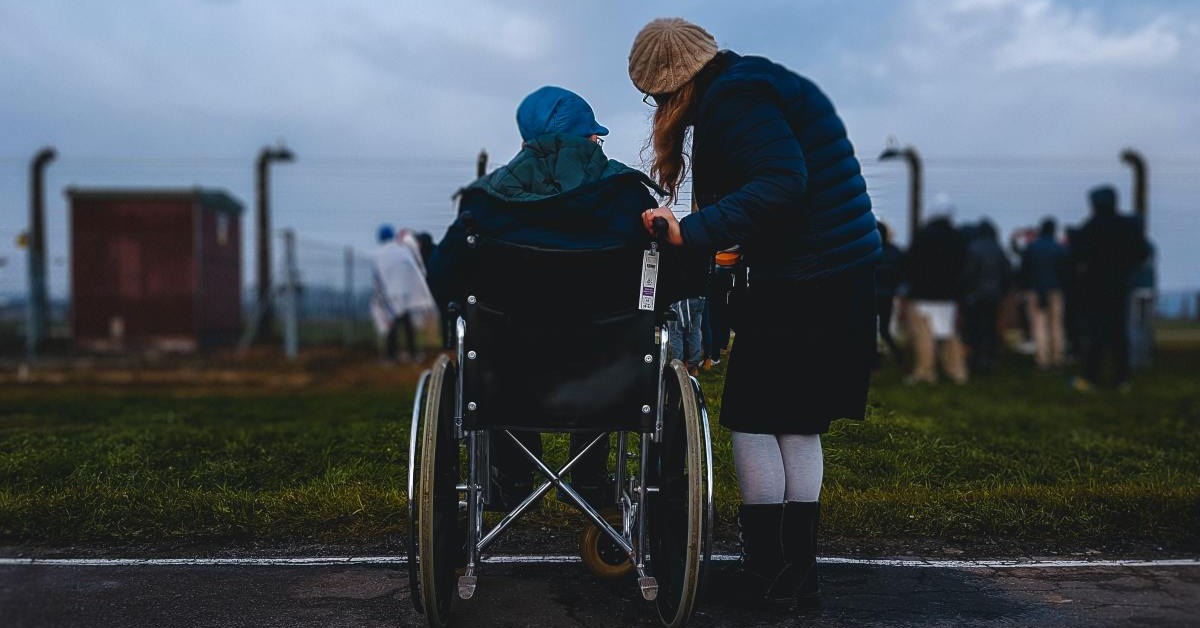
How to Become a Licensed Mental Health Social Worker
We explain the steps necessary to become a licensed mental [...]

The social work profession requires compassion, critical thinking, and active listening. It’s a career path that demands dedication and perseverance to work on behalf of clients and advocate for their needs. And, it requires academic training.
If you’re a current or prospective undergraduate considering a career in social work, you should seriously think about earning a Bachelor of Social Work (BSW). Many others have. The Council on Social Work Education (CSWE) 2020 Statistics on Social Work Education in the United States indicates that total enrollment for social work bachelor’s degree programs increased by 7.5 percent from 2010 to 2020. During this same period, the number of BSW programs earning CSWE accreditation increased by 17 percent (CSWE accreditation indicates minimum curricular and field placement standards to ensure graduates’ professional readiness).
The job market for social work professionals should grow by 12 percent from 2020 to 2030, a rate significantly higher than the overall job market. The BLS projects the fastest growth in mental health and substance abuse, healthcare, and child, family, and school social work.
A Bachelor of Social Work degree lays the foundation for a career in social work across its many focus areas. So, what is a Bachelor of Social Work? This article explores that question and also discusses:
A Bachelor of Social Work (BSW) is a four-year undergraduate degree that covers a broad range of academic topics outside of social work (science, math, humanities) and focuses on social work theory and practice. A BSW is the minimum requirement for many entry-level case management or generalist social work roles. Most jobs open to candidates with a BSW operate at the micro level of social work; that is, they serve individuals, families, and small groups. Duties include assessing their needs, connecting clients to social services, and monitoring client progress.
In addition to classroom study, accredited BSW programs require a minimum of 400 hours of supervised field experience. Some BSW programs offer field-specific certifications. According to the CSWE 2020 report, certificate opportunities in BSW programs are most widely available in child advocacy, substance abuse, gerontology, and school social work.
A Bachelor of Social Work program aims to create the next generation of change agents. Core coursework, electives, and field education combine to provide an enriching academic, intellectual, and experiential education. The BSW is offered primarily through on-campus programs, although an increasing number of schools are adding online options. All accredited BSW programs emphasize evidence-based practices focused on promoting social justice, human rights, public policy, and advocacy for vulnerable populations.
A BSW program will prepare you for the licensure exams required in most states for specialized or generalist social work practice. The BSW also prepares you for a Master of Social Work (MSW) should you ultimately decide to pursue a graduate degree. If you pursue the MSW within five years of earning your BSW, you should qualify for an advanced standing MSW program.
BSW programs typically require liberal arts classes during the first two years of collegiate study before delving into the specific social work courses during the final two years. Courses you might see in a BSW program include:
In addition to the core curriculum, social work students can choose electives, which may include courses with titles like:
Most social work majors can expect a similar program sequence of general education requirements, social work curriculum, and electives to cater to a specific interest. After their classroom studies, BSW students can apply their learning through field placement opportunities.
Experiential learning factors significantly in BSW programs thanks to the mandatory field placement component. Typically completed during the final semester, this practicum is a culmination of all the knowledge gained from coursework through onsite, supervised training.
Field placements also equip students with the emotional readiness and professional expertise to work with clients. As an added bonus, some opportunities may convert to full-time entry-level positions following graduation and state license requirements. Example field practicum sites include:
The field internship runs concurrently with a field seminar class that typically fulfills 15 credit hours toward one’s internship. As a result, students usually refrain from taking additional courses during the final semester to satisfy the 400-hour minimum requirement for field experience (roughly 29 hours per week in a 14-week semester).
To successfully earn a Bachelor of Social Work, students must complete a minimum of 120 credit hours, including general education courses and the social work core curriculum, with passing grades (usually a “C” or higher). Students must also maintain the program’s minimum grade point average (GPA), which varies by program.
| University and Program Name | Learn More |
|
Virginia Commonwealth University:
Online Master of Social Work
|
Accreditation by the Council of Social Work Education (CSWE) is an essential program designation. The CSWE’s Commission on Accreditation (COA) and Commission on Educational Policy (COEP) develops Educational Policy and Accreditation Standards (EPAS) for bachelor’s and master’s in social work programs. These standards provide a competency-based education framework, including the nine social work competencies with guidance on demonstrating each. The policy also includes the following standards:
The recognition body, the Council for Higher Education Accreditation (CHEA), accredits social work programs in the United States and its territories. Programs seeking accreditation undergo a rigorous multistep process involving self-studies to examine and align their educational program with the EPAS, site visits from qualified, trained professionals to observe and gather information, and a COA review to determine compliance.
Standard admission requirements apply for BSW programs, such as submitting an application and providing documentation, including academic transcripts, letters of recommendation, minimum GPA requirements, and standardized test scores. However, since the social work profession focuses on inclusion, integrity, and interpersonal skills, some programs may request letters of intent or statements to assess personal attributes and soft skills.
For example, the Indiana University Bloomington School of Social Work requires applicants to submit responses to questions about personal experiences that led them to pursue a major in social work, their experience with diverse groups, and their capability to describe and analyze social issues.
A BSW provides a pathway to many entry-level or generalist roles directly interacting with clients. These jobs typically require state licensure. CSWE-accredited bachelor’s degree programs are the first step in helping graduates earn their license to practice. Typical entry-level roles include:
According to the U.S. Bureau of Labor Statistics (BLS), the average salary for social workers in May 2021 was $50,390. You can build a career with a BSW, but you’ll have more options with a Master of Social Work (MSW) and will potentially earn a higher salary.
While a BSW prepares degree holders for careers in casework and social service assistance, only an MSW prepares social workers to provide clinical therapy and to assess, diagnose, and treat mental health illnesses. An MSW is also essential for may system-level roles in administration, advocacy, and policy.
Some MSW programs, including Virginia Commonwealth University and Tulane University, offer a seamless way for BSW graduates to enroll in an advanced standing degree program, reducing the time to earn an MSW to as little as three semesters. This option helps individuals on the fast track to senior-level roles in the field.
An MSW can open the door to increased opportunities and higher wages for change agents interested in more impactful roles. However, any position within social work makes a difference in the lives and overall well-being of individuals, families, groups, and the greater community.
(Updated on July 16, 2024)
Questions or feedback? Email editor@noodle.com

We explain the steps necessary to become a licensed mental [...]

Domestic violence call centers in the US field 20,000 calls [...]

If you're passionate about improving service members' quality of life [...]

Pediatric social worker means much more than the job title [...]

If you're passionate about improving older adults' quality of life [...]
Categorized as: Social Work, Social Work & Counseling & Psychology